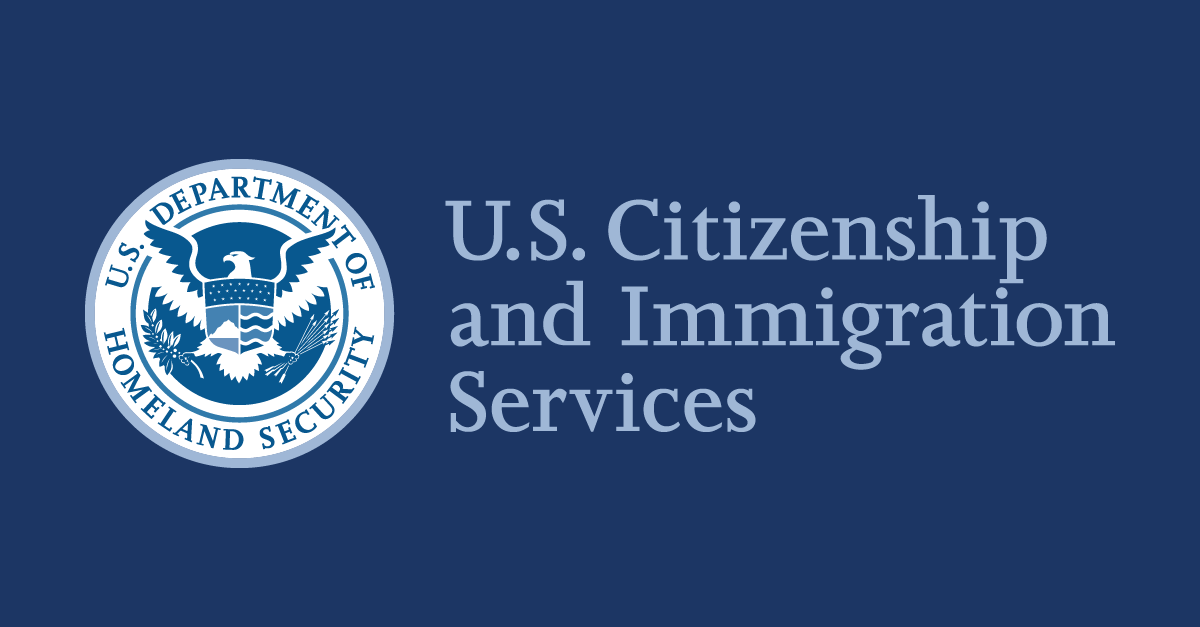Proposed Rule Breaks from Prior Administration’s Harsh Approach in the 2019 Rule
WASHINGTON—The Department of Homeland Security (DHS) will issue a Notice of Proposed Rulemaking (NPRM) that would regulate how DHS applies the public charge ground of inadmissibility. The proposed rule would provide fair and humane treatment for noncitizens requesting admission to the United States or applying for lawful permanent residence from within the United States. DHS has posted an advance copy of the proposed rule. The official version will publish in the Federal Register in the coming days.
“The 2019 public charge rule was not consistent with our nation’s values,” said Secretary Alejandro N. Mayorkas. “Under this proposed rule, we will return to the historical understanding of the term ‘public charge’ and individuals will not be penalized for choosing to access the health benefits and other supplemental government services available to them.”
In 2019, the prior administration expanded the interpretation of the term “public charge” and the types of public benefits considered. It caused many noncitizens to be fearful of accessing benefits that Congress intended them to have, including noncitizens who are not subject to the public charge ground of inadmissibility, such as children in mixed-status households. With the 2019 public charge rule vacated, DHS is now undertaking an open and fair rulemaking process to establish a new regulation. DHS welcomes comments from the public.
Under the proposed rule, DHS proposes to define “likely at any time to become a public charge” as “likely to become primarily dependent on the government for subsistence.” Consistent with long-standing agency practice, DHS proposes to consider the following public benefits when making a public charge inadmissibility determination:
- Supplemental Security Income (SSI);
- Cash assistance for income maintenance under the Temporary Assistance for Needy Families (TANF) program;
- State, Tribal, territorial, and local cash assistance for income maintenance; and
- Long-term institutionalization at government expense.
DHS proposes that it not consider noncash benefits such as food and nutrition assistance programs including the Supplemental Nutrition Assistance Program (SNAP), the Children’s Health Insurance Program, most Medicaid benefits (except for long-term institutionalization at government expense), housing benefits, and transportation vouchers. DHS would also not consider disaster assistance received under the Stafford Act; pandemic assistance; benefits received via a tax credit or deduction; or Social Security, government pensions, or other earned benefits.
By law, many categories of noncitizens are exempt from the public charge ground of inadmissibility and would not be subject to the proposed rule. Some of these categories are refugees, asylees, noncitizens applying for or re-registering for temporary protected status (TPS), special immigration juveniles, T and U nonimmigrants, and self-petitioners under the Violence Against Women Act (VAWA). Under the proposed rule, if a noncitizen received public benefits while in an immigration category that is exempt from the public charge ground of inadmissibility, DHS would not consider the noncitizen’s past receipt of such benefits as part of any future public charge determination.
The proposed rule will have a 60-day public comment period that begins on the date specified in the forthcoming Federal Register publication.
Official news published at https://www.uscis.gov/newsroom/news-releases/dhs-proposes-fair-and-humane-public-charge-rule


